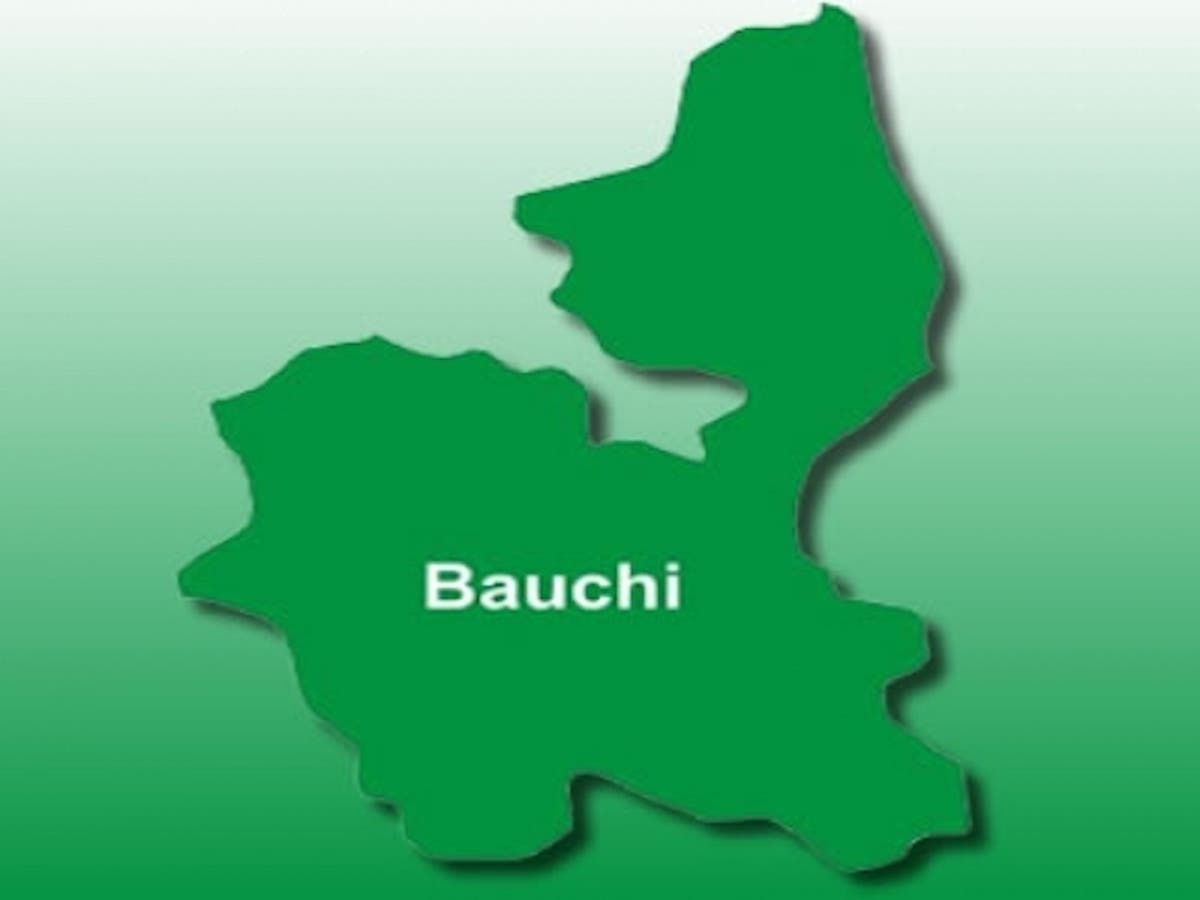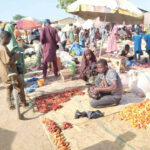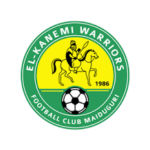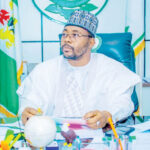Six months ago, precisely in May 2022, President Muhammadu Buhari, represented by the Secretary to the Government of the Federation, Boss Mustapha, commissioned the N23.5 billion Bauchi Township Water Supply Project, aimed at providing clean drinking water to over 1 million inhabitants of Bauchi metropolis.
The project was funded 90 per cent by the World Bank, while the Bauchi State Government provided 10 per cent of counterpart fund under the Third Urban National Water Sector Reform Project, and was guaranteed by the federal government, including the critical supervision and oversight of the project under the office of the National Urban Sector Reform Project within the Ministry of Water Resources.
- 2023: INEC moves against election postponement, inaugurates logistics c’tee
- Kaduna: Bandits kidnapped 1,789 in 6 months – Report
This project was expected to address the critical water shortages, seriously complicated by the population explosion, which Bauchi metropolis had been experiencing coupled with the crisis within its neighbouring states, especially Plateau and Yobe states.
While Mr President was happy with the completion of the project, and even described it as a success story, residents are still groaning under poor water supplies, and in some cases, no supply at all.
For the residents of Tudun Salmanu, Karofi, substantial parts of the New GRA and Old Airport Road, to mention just a few, water supply has gone from bad to worse. Some of these areas get water only twice a week, which is characterised by low water pressure, and the supply lasts for between 2 to 4 hours.
One clear hiccup, characterising the whole rehabilitation programme is that while the water treatment plant at Gubi Dam, supplying water to the metropolis, was fully taken care of, the piping within the city and its environs is left unattended to.
Going through Jos Road, the State Hotel, up to the Government House, and several other areas, one can see ruptured pipes pouring out water onto the streets and roads for days, unattended to by officials of the State Water and Sewage Board. Around Warinje, the pipes are so rusted that nothing could hide this glaring abnormality.
While the plant at the Gubi Dam is now upgraded to pump about 60 million litres of water daily, a substantial amount of that water goes to waste because of the breakages in the distribution network and the lack of capacity of the staff of the water board to deal with the situation promptly.
In an interview last year with one of the national newspapers, The Vanguard, the Managing Director of the State Water and Sewage Board, Alhaji Aminu Gital, was quoted as saying the state government spent N110m monthly for the payment of salaries, electricity and the routine maintenance of its facilities.
Alhaji Gital further said that while the Board is expected to generate about N22m monthly as revenue, it hardly generates N5m a month, which he attributes to the poor attitude of consumers, particularly those in the inner city, who are expected to pay only N500 monthly per household. Consumers are now said to be indebted to the Board to the tune of N1bn in unpaid water charges.
Out of the 22 thousand registered consumers of water within the metropolis, only 1,020 are said to pay their bills regularly. This clearly shows that the Board itself will have to change its strategies in collecting what is due. Some residents of the GRA alleged that staff of the Board demand payment of water rate without presenting any bill or they present bills sometimes of over N100,000, which they cannot prove that the residents have consumed. This attitude of workers and the lack of trained and competent personnel is truncating efforts to provide the metropolis with safe drinking water.
Most homes in the GRA and other affluent members in the town are being serviced by individual boreholes due to unreliability of the public water supply. This uncontrolled drilling of boreholes will in the long run have its own consequences.
In the last decade, Bauchi metropolis had been battling with gastroenteritis, particularly in the dry and hot seasons largely due to contaminated water supplies. The hope that with this water rehabilitation project, the state capital would have gotten its water shortage problems solved, once and for all, still remains a mirage.
The fact that the Federal Ministry of Water Resources was involved in the supervision of this critical water project and to have allowed old pipes to continue supplying water remains a source of concern.
This N23.5bn project is not a grant but a loan, therefore, proper due diligence ought to have been conducted to ensure that anything that would constitute a bottleneck to the supply of clean water to all the nooks and crannies of the metropolis were removed.
The World Bank, the federal government and indeed, the Bauchi State Government owe Bauchi people explanations as to why a project of this magnitude and importance was executed so shabbily.
Clean water is critical to human survival. The rapid urbanisation of our towns requires critical thinking on how to provide adequate clean water supply for citizens.
The state will have to revisit this project and implement it fully. It should also allow the employment of requisite personnel and deploy modern technology to address wastages and revenue collections.
Adamu Lawal Toro wrote from New GRA, Bauchi

 Join Daily Trust WhatsApp Community For Quick Access To News and Happenings Around You.
Join Daily Trust WhatsApp Community For Quick Access To News and Happenings Around You.


